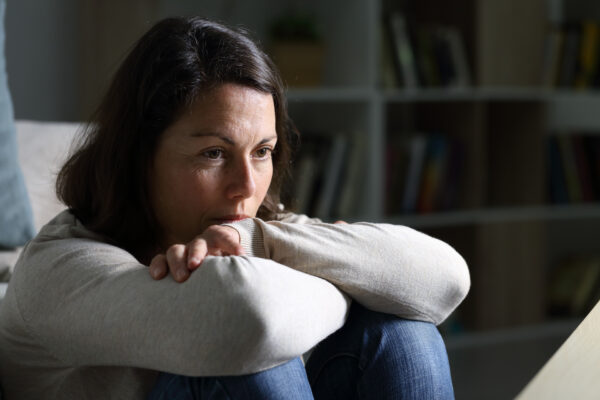Results from Europa Uomo’s EU-ProPER study show effect on emotional and social life
Results from Europa Uomo’s EU-ProPER study show the sometimes severe psychological and social strains that prostate cancer can impose on patients and partners. They indicate that 15% of partners of men with prostate cancer believe that they would benefit from seeing a mental health professional and 20% say they feel lonely.
One in five say they have reduced their participation in social and leisure activities due to their partner’s condition. Research consistently demonstrates the positive impact of social connections on mental health.
These are the latest results being released from Europa Uomo’s EU-ProPER study (Europa Uomo Prostate Partners’ Experience Research) based on a targeted online survey available in 17 languages. The survey results provide a partners’ perspective on quality of life after prostate cancer, following Europa Uomo’s EUPROMS studies focusing on the patient experience.
The picture they paint of the emotional life of prostate cancer patients’ partners is not all negative. Nearly 90% says they talk openly about prostate cancer with their partner. And although 46% of the partners responding say that prostate cancer has changed their relationship, nearly all of them (43%) say that prostate cancer has brought them closer together.
Nearly two thirds say they can share their fears openly, and 59% say they can talk about death together.
But the dangers of social isolation and worries about mental health are clear. One in five partners think their partner should see a mental health professional to get help, and 15% say they feel worried about their relationship.
“There is clearly a need for mental health support, both for men with prostate cancer and for their partners,” says André Deschamps, Europa Uomo past Chairman, who co-ordinated the study. “There is definitely a gap that we have identified here.”
“Further analysis of the EU-ProPER results is needed in order to understand the relationship between all the factors and what measures would improve the quality of life of partners.”
Results will be presented at the European Multidisciplinary Congress on Urological Cancers (EMUC) in November, and an article for publication in an academic journal is in preparation.
